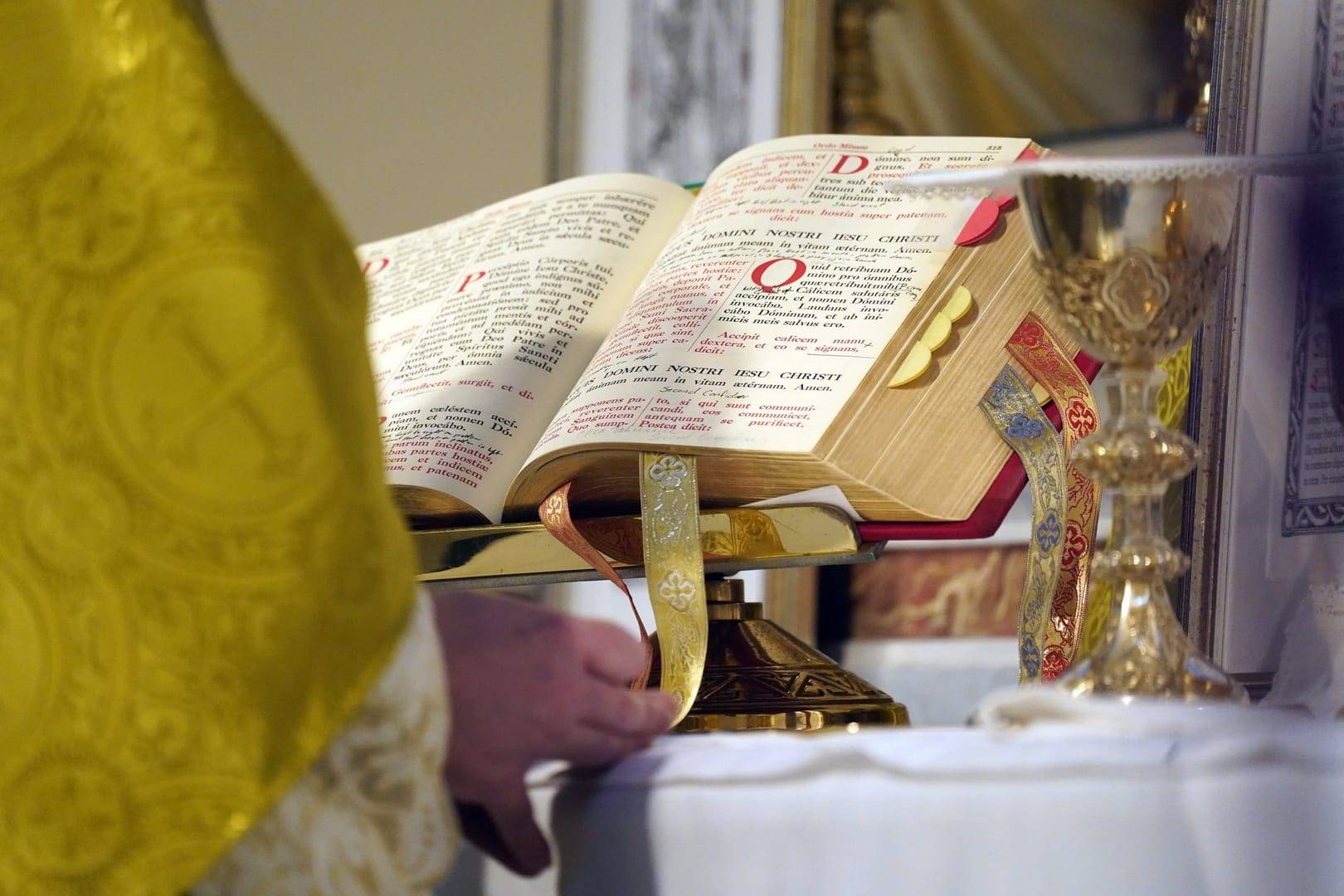DUBLIN — Pro-life campaigners in Ireland have described a vote that paves the way for abortion on demand up to 12 weeks as “a tragedy of historic proportions.”
After all 40 constituencies reported, the official result is that 66.4 percent of citizens opted to remove the strongly pro-life Eighth Amendment from the Constitution, while 33.6 percent voter to retain it.
Voters chose to insert the amendment in the constitution in 1983 by a margin of two to one, and it “acknowledges the right to life of the unborn and, with due regard to the equal right to life of the mother, guarantees in its laws to respect, and, as far as practicable, by its laws to defend and vindicate that right.”
That text will now be deleted and replaced with an article stating that “provision may be made by law for the regulation of termination of pregnancy.”
Minister for Health Simon Harris has said that he will now bring forward legislation that will allow abortion on demand up to 12 weeks, up to 24 weeks on unspecified grounds for the health of the mother, and up to birth where the child is diagnosed with a life-limiting condition that means he or she may not live long after birth.
The exit poll asked voters what motivated them to opt for either ‘yes’ or ‘no’. Among ‘yes’ voters, the most important issues were the right to choose (84 percent), the health or life of the woman (69 percent), and pregnancy as a result of rape (52 pecent).
Among ‘no’ voters, the driving concerns were the right to life of the unborn (76 percent), the right to life of those with Down syndrome or other disabilities (36 percent), and religious views (28 percent).
John McGuirk, a spokesman for “Save the Eighth,” which was campaigning for a ‘no’ vote, described the outcome as “a tragedy of historic proportions.”
“The Eighth Amendment did not create a right to life for the unborn child – it merely acknowledged that such a right exists, has always existed, and will always exist,” he said, insisting that “a wrong does not become right simply because a majority support it.”
McGuirk said that “we are so proud of all of those who stood with us in this campaign – our supporters, our donors, our families, and our loved ones. This campaign took a huge personal toll on all of us who were involved, and we have been so grateful for their support.”
He vowed that the organisation will continue to fight for the right to life of the unborn.
“Shortly, legislation will be introduced that will allow babies to be killed in our country. We will oppose that legislation. If and when abortion clinics are opened in Ireland, because of the inability of the government to keep their promise about a GP-led service, we will oppose that as well.”
“Every time an unborn child has his or her life ended in Ireland, we will oppose that, and make our voices known,” McGuirk said. “Abortion was wrong yesterday. It remains wrong today. The constitution has changed, but the facts have not.”
A government spokesman said he now expected legislation to provide for abortion to be brought before the national parliament. He said he hoped the legislation could be passed by the end of the year.
Mary Butler, a pro-life legislator who opposes the legislation, said she was surprised by what she described as a “landslide” in favor of repealing the Eighth Amendment.
“The people of Ireland have spoken – they have spoken very clearly, and they want change,” she said.
There was no immediate reaction from the Catholic hierarchy. The Primate of All-Ireland, Archbishop Eamon Martin of Armagh, is expected to address the issue during a homily at the national Marian shrine of Knock on Sunday.
The Irish bishops’ conference is also scheduled to meet for their quarterly plenary meeting next week, and is expected to issue a statement on the issue then.
















